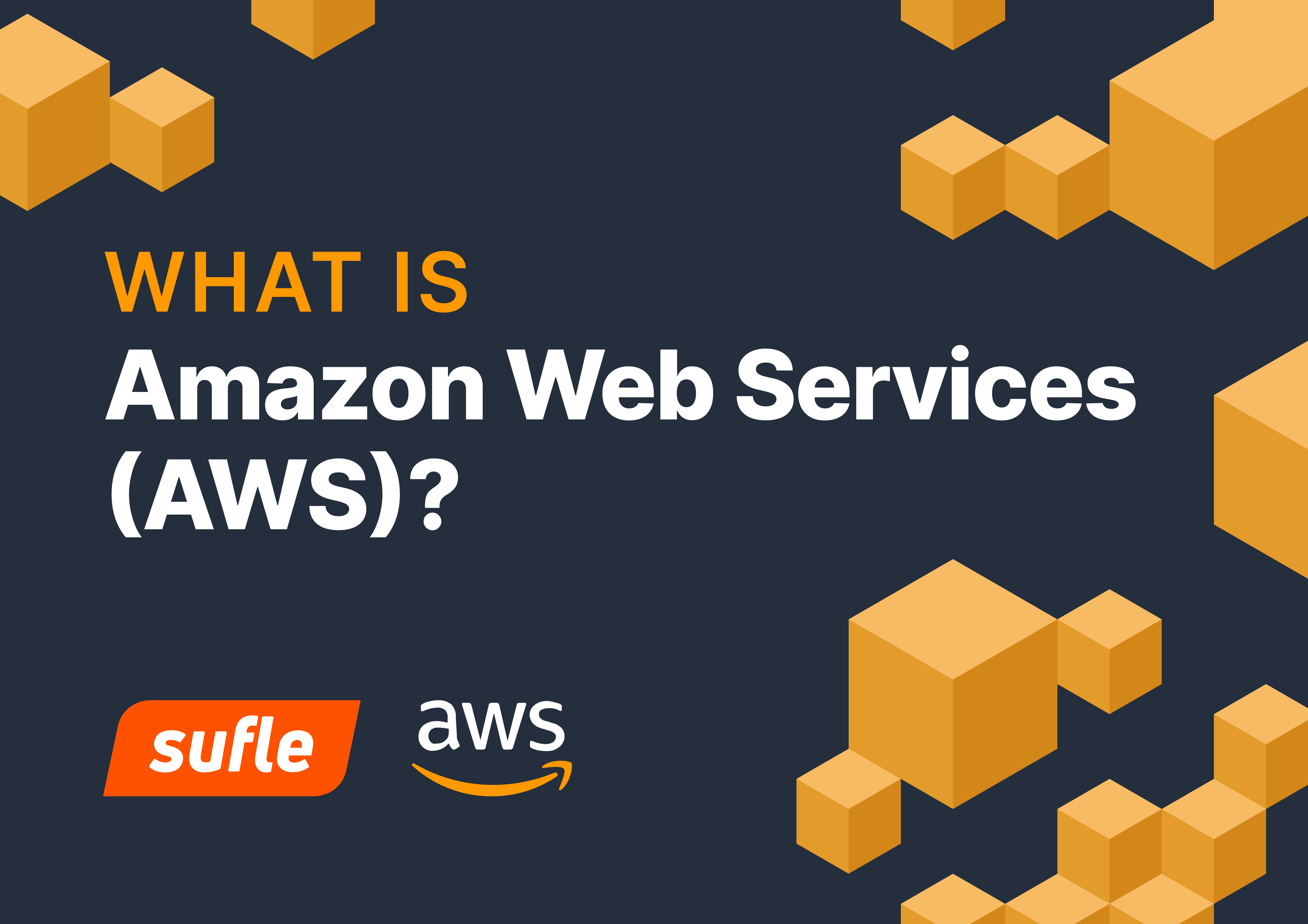
Modern application development practices are becoming increasingly adapted as companies are taking their part on the digital transformation journey. As time to market becomes a more critical part of the success, the speed of software delivery and reliability of applications are now a must for organization-wide development processes. These needs have brought microservices approach, which suggests breaking down the monolithic structure of large applications into smaller and logical pieces to simplify the underlying infrastructure management and accelerate the development. Today, we witness the transition to building cloud-native applications to achieve operational efficiency and encourage innovation by eliminating the infrastructure limitations and achieving distinct cloud capabilities such as scalability, availability and reliability.
Containerization allows companies to accelerate their development cycles and improve software workflows through simplified operations. To put it very simply, containers enable companies to package their applications and provide isolated environments to run these smaller applications rather than operating in a larger and more complex infrastructure environment for various distinct parts of the application.
By this way, microservices help developers focus on distinct parts of the application based on the needs and improve application logic. Containerization provides a consistent environment across all developer machines, ensuring their development environments are identical with the production environment. The result is a hassle-free development environment for developers to bring up and tear down resources when they need. So, developers now can focus on their code and work for the best quality without worrying about infrastructural complexities and service dependencies.
One of the most convenient advantages of containers is that containers can be deployed both on-premises and cloud environments. Adapting a cloud-native approach on application development might be a long and complicated process for enterprises, considering the legacy applications and traditional application workloads that still run on their environments. While startup businesses can leverage next-generation application development practices and cloud-native application methodologies relatively faster and easier, enterprises require a well-defined migration and application modernization strategy for their existing applications. Here, containers bring various advantages for those existing applications through microservices architecture and loose coupling and serve as a good starting point in the modernization processes.
However, there is still more to do to realize the full benefits of containers. Although containerization provides a high level of portability and increased efficiency in application packaging through OS-level technologies, you are responsible for the management, maintenance and provisioning of the underneath infrastructure. That being said, adapting cloud-native application principles, businesses also try to achieve stateless applications that maintain scalability, availability reliability and continuous performance. So, businesses are expected to manage associated compute, storage, security, networking and various other service needs for the entire application platform and maintain infrastructure health.
The main challenge associated with self-management of containers is complexity of infrastructure management. For instance, while Kubernetes advances the scheduling and orchestration of the containers, it is your responsibility to manage the infrastructure and bring the necessary components to build a full platform for your applications. The deployment of applications, management and ensuring availability requires complex skills and effort. On the other hand, the portability advantages of containers are still limited by the configuration limits of the underlying infrastructure as well.
To leverage agility and scalability benefits of modern applications and embrace cloud-native application principles further, more and more businesses start to deploy their containers in the cloud. The cloud, by its very nature provides unlimited scalability, high availability and cost improvements for the infrastructure underneath the containers.
Also, by integrating the cloud services, companies can also increase the efficiency generated by containerization. Cloud enables companies to leverage effective operational tools to improve their application performance through automation, continuous monitoring, etc. while further reducing the operational overheads of infrastructure management.
Leveraging cloud technologies in container management definitely increases the agility and operational efficiency realized by containerization. Current cloud technologies provide a wide range of container management services and levels for companies based on their needs and expectations. Let’s start with AWS serverless technologies in container management which eliminates the entire need for infrastructure management. By leveraging serverless technologies, developers don’t work with the infrastructure directly anymore. Instead, AWS handles the infrastructure resource management based on their application requirements. For more information on how serverless technologies help companies achieve additional benefits not just for container management but across variety of operations, check our previous blog post on Serverless Technologies:
AWS Fargate, the serverless compute engine offering of AWS for container management. It works both with Amazon ECS and Amazon EKS to eliminate infrastructure management through providing the right amount of resources for your applications. You don’t have to manage and work on deciding on server types, scaling mechanisms, cluster packing, etc. to maintain operational performance. This enables developers to direct their all attention to the product and quality of their code rather than worrying about complex infrastructure requirements of the applications.
Amazon EKS provides Kubernetes management service for you to deploy, manage, run and scale your containerized applications. The service is fully compatible with Kubernetes and built with the community, so that you don't have to work on refactoring the application codes to leverage the fully managed service. All you need to do is migrate your application into Amazon EKS and benefit from the built-in high availability offerings of AWS. The service runs Kubernetes control plane instances across multiple Availability Zones to ensure high availability and handle the maintenance of these control plane instances through automated upgrades and patches.
Amazon ECS enables you to orchestrate your Docker containers through the compute capabilities of AWS. The service helps you to schedule your containers based on the resource needs, application requirements and policies. Amazon ECS handles the cluster and configuration management and provides built-in availability, reliability and security.
With Amazon ECS, you have the flexibility to decide on the level of control you want over the infrastructure and instances through alternative launch types. For instance, you can host your Docker clusters on a serverless infrastructure managed by Amazon ECS or simply host them on Amazon EC2 instances. On the other hand, the service also allows you to manage the infrastructure resources underneath the containers through using a mix of Amazon EC2 and AWS Fargate with Spot and On-Demand pricing alternatives.
Lastly, both Amazon ECS and Amazon EKS have deep integration with various other AWS services that enable you to improve security, scaling, monitoring and networking operations across your applications through services such as AWS IAM, Elastic Load Balancing, Amazon CloudWatch, and many more.
Interested in migrating your containerized applications to AWS Cloud and realize the benefits of containers even further? an Appointment now to accelerate your digital transformation!
A fresh new graduate and specializing in marketing, Deniz is excited to learn and share her knowledge on business technologies and technology culture. With her experience in technology companies during her school years, she is always excited to learn more about how technology transforms businesses.
We use cookies to offer you a better experience.
We use cookies to offer you a better experience with personalized content.
Cookies are small files that are sent to and stored in your computer by the websites you visit. Next time you visit the site, your browser will read the cookie and relay the information back to the website or element that originally set the cookie.
Cookies allow us to recognize you automatically whenever you visit our site so that we can personalize your experience and provide you with better service.


